Portugal) NATO Advanced Research Workshop on Systematic Organisation of Information in Fuzzy Systems (2001 : Vila Real, Pedro Melo-Pinto, Horia-Nicolai Teodorescu, T. Fukuda, Pedro Melo-Pinto9781586032951, 158603295X, 4274905462
Systematic organisation of information in fuzzy systems
Free Download
Series: NATO science series. Computer and systems sciences Series III 184
ISBN: 9781586032951, 158603295X, 4274905462
Size: 9 MB (9720606 bytes)
Pages: 409/409
File format: djvu
Language: English
Publishing Year: 2003
Direct Download: Coming soon..
Download link:
Category: Education , International Conferences and SymposiumsSign in to view hidden content.
Be the first to review “Systematic organisation of information in fuzzy systems” Cancel reply
You must be logged in to post a review.
Related products
- Education , International Conferences and Symposiums
Spline Functions: Proceedings of an International Symposium Held at Karlsruhe, Germany, May 20–23, 1975
Free Download - Education , International Conferences and Symposiums
Advances in Neural Information Processing Systems 14: Proceedings of the 2001 Conference
Free Download - Education , International Conferences and Symposiums
Nonlinear world. Proc. IV Workshop on Nonlinear and Turbulent Processes in Physics
Free Download - Education , International Conferences and Symposiums
Proceedings of the second conference on compact transformation groups
Free Download - Education , International Conferences and Symposiums
Geometric group theory. Geneva and Barcelona conferences
Free Download - Education , International Conferences and Symposiums
Global Analysis: Proceedings of the Biennial Seminar of the Canadian Mathematical Congress, Calgary, Alberta, June 12 – 27, 1978
Free Download
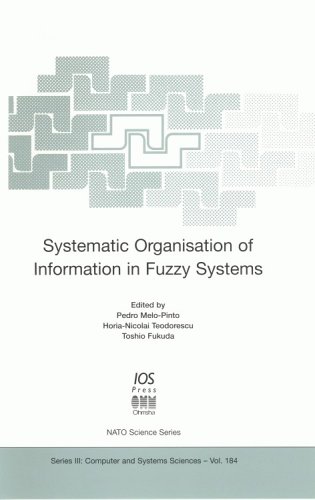
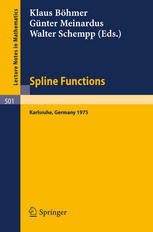
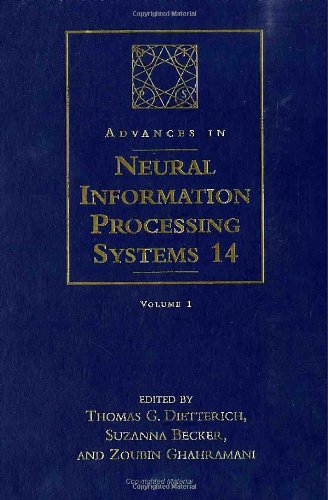
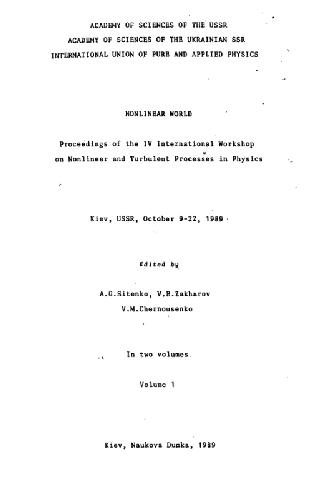
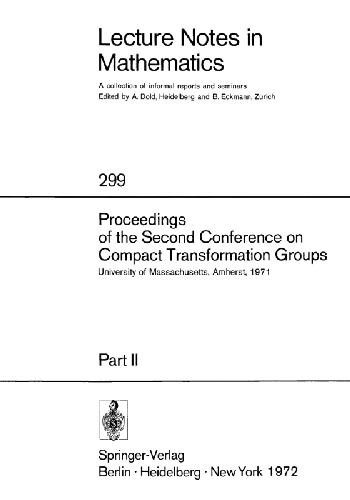

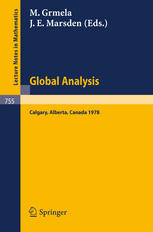
Reviews
There are no reviews yet.